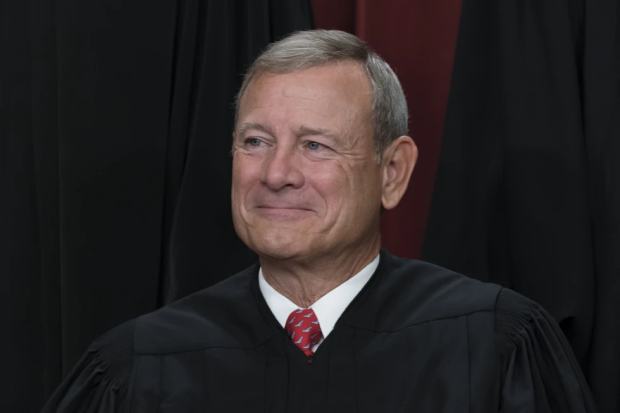U.S. Supreme Court Chief highlights human judge role amid AI benefits
U.S. Supreme Court Chief highlights human judge role amid AI benefits
Posted January. 02, 2024 08:00,
Updated January. 02, 2024 08:00

“Artificial intelligence represents a mixed blessing for the legal field,” said U.S. Supreme Court Chief Justice John Roberts, urging "caution and humility" when using it. He noted that AI could potentially increase access to justice for indigent litigants and assist courts in resolving cases more quickly and cheaply. However, he also pointed to controversies over generating fictitious content and privacy concerns, emphasizing human judges' evident and essential role. The judge predicted that, despite the expanded use of AI, human judges will be around for a while.
In a year-end report published on Sunday, Supreme Court Chief Justice John Roberts highlighted the contrasting effects of AI usage. He acknowledged that AI has the potential to enhance access to justice for indigent litigants and assist courts in resolving cases more efficiently and inexpensively. The Chief Justice mentioned that AI could help locate complex legal documents and understand how to access them, as well as positively impact various aspects of legal research.
At the same time, he expressed concerns about the authenticity of AI-generated content. For instance, Michael Cohen, Donald Trump's former lawyer, stated in court papers unsealed last week that he mistakenly gave his attorney fake case citations generated by an AI program, and these citations found their way into an official court filing. Other instances of lawyers, including AI-hallucinated cases in legal briefs, have also been documented.
According to Chief Justice Roberts, legal determinations often involve gray areas that still require the application of human judgment. “Judges, for example, measure the sincerity of a defendant’s allocation at sentencing,” he wrote. “Nuance matters: much can turn on a shaking hand, a quivering voice, a change of inflection, a bead of sweat, a moment’s hesitation, a fleeting break in eye contact.”
He was also concerned that the increased use of AI risks invading privacy interests and dehumanizing the law.
tree624@donga.com







